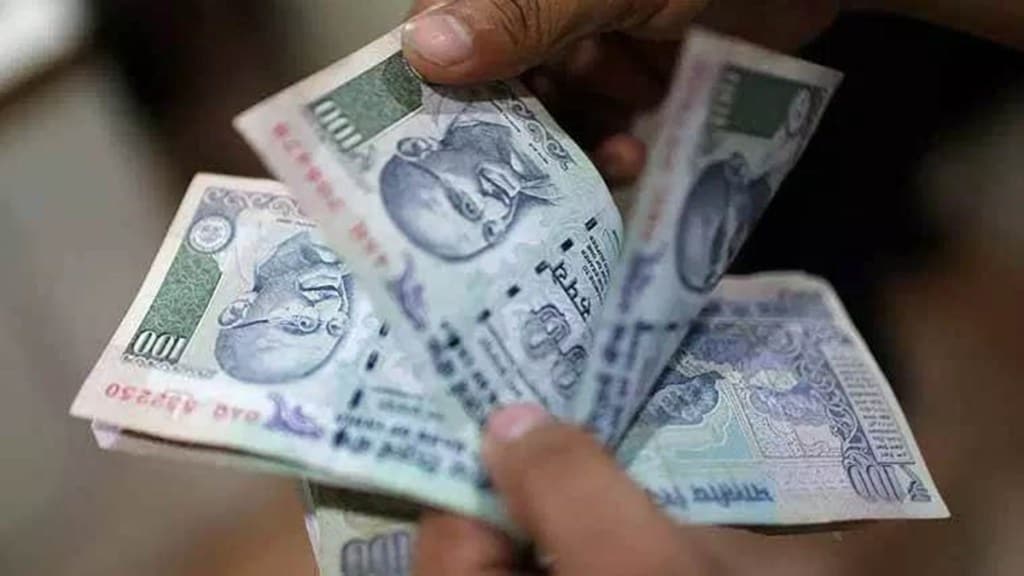The Centre is in no hurry to go for a listing of the government securities (G-secs) on global bond indices in the next financial year beginning April 1 given the current global uncertainties and demand for exemption from the capital gains tax.
“It has costs. So, we have to take a balanced view. We are not yearning for it to happen immediately,” an official told FE.
Currently, appreciation in bond prices is considered capital gains, and long-term capital gains (LTCG) tax is 10% plus a surcharge and cess for securities held for more than 12 months.
“They (potential investors through global indices) are looking for tax benefits which we are not willing to give,” the official said.
Analysts were expecting an announcement on the taxation issue in the FY24 Budget, but there was no mention of it.
The government has been in talks JP Morgan and Bloomberg-Barclays for the overseas listing.
Another factor that has held back the government in this regard is the global uncertainties, including in interest rates and exchange rate volatilities, officials reckon.
India’s forex reserves stood at $566 billion as on February 10, down $40.4 billion since March 31, 2022, largely due to stronger dollar and foreign portfolio investor outflows. India does not want to be exposed to capital outflows due to some crisis or other happening elsewhere in the world.
“Once G-Secs are listed overseas, one cannot escape the volatility that goes with it just like how FPI moving out of equity creates disruption, the same will happen here,” Bank of Baroda chief economist Madan Sabnavis said.
The government was also keen on onshore bond settlement in India while index investors favoured international settlement platforms such as Euroclear.
Investors cited hurdles that need to be resolved, including a lengthy investor registration process and the operational readiness required for trading, settlement and custody of assets onshore, JPMorgan Chase had said in October 2022.
Global listing could have deepened the market for G-secs as passive funds track such indices to allocate a portion of their investment to emerging market securities such as India’s.
Also read: Banks to remain closed for 12 days in March 2023; Check full bank holiday list here
Morgan Stanley had predicted earlier that listing G-secs on global bond indices could generate $170-250 billion of inflows over the next decade.


